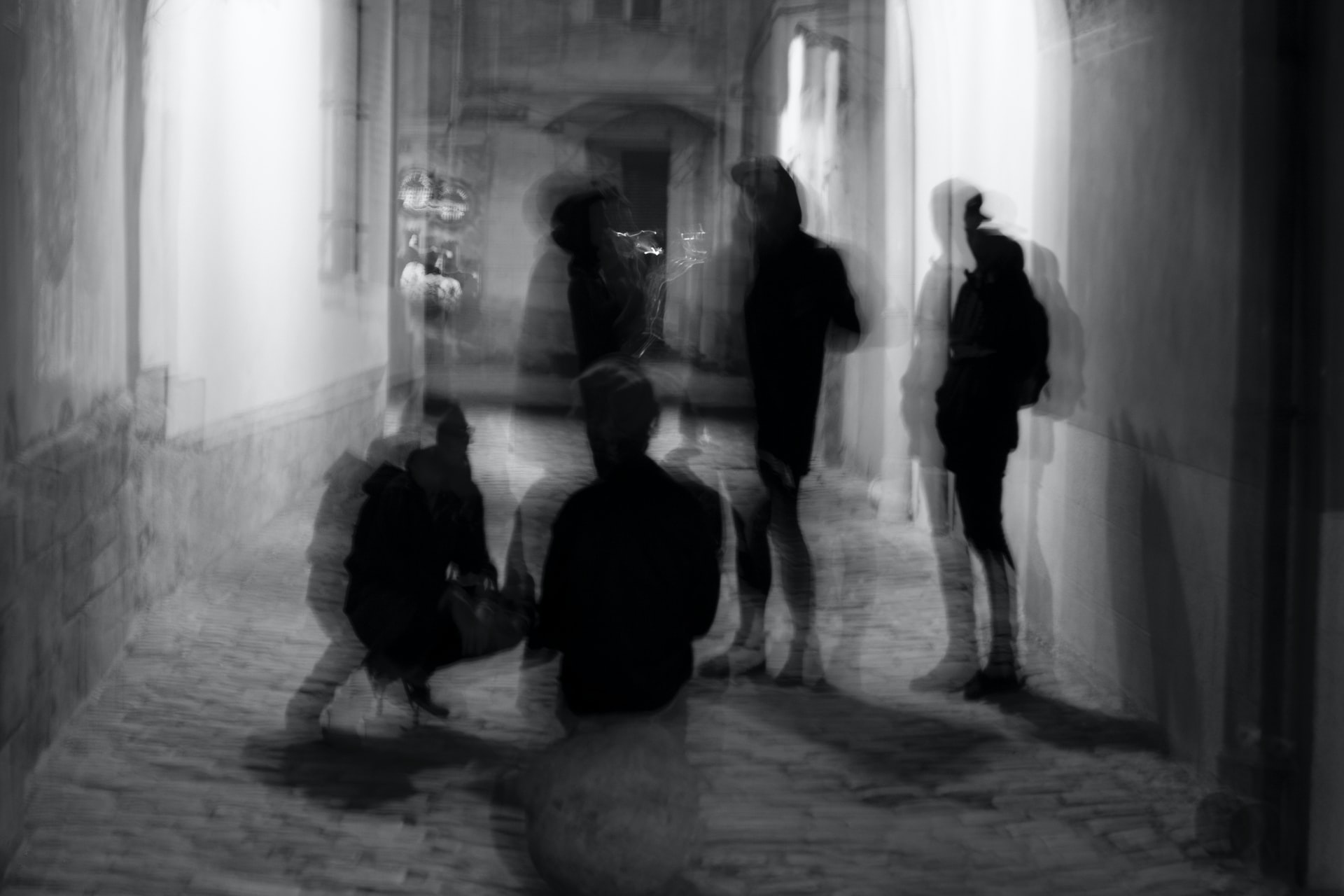
TV Editor Josie Scott-Taylor explores how catcalling and harassment has become all too familiar, arguing that we are in dire need of radical change
Over 70% of women in the UK have experienced sexual harassment in public, but shockingly little is being done to prevent this statistic from edging closer and closer to 100%. 35% of girls in the UK wearing school uniform have been sexually harassed in public, yet women are constantly told that it is our responsibility to dress in a way that does not draw male attention. Most disturbingly of all, over 95% of all women do not report incidents of sexual harassment, out of embarrassment, fear, or simply a belief that their experiences are not ‘serious enough’.
‘My friend and I were walking back from uni around lunchtime and in the 20 minutes we were walking we were cat-called seven times.’
We, as a society, need to work harder than ever than ever to eliminate the threat of violence against women
‘I went to Rosie’s bar with my flatmates, which was scary enough as it was all new, and on the dance floor a man put their hand up my dress and touched me. […] That’s the first and last time I went out in Birmingham’
Putting an end to public sexual harassment would relieve women and young girls of the immense amount of pressure and fear that they experience every single day of their lives. The terror that accompanies the threat of public sexual harassment is difficult to understand if you have not experienced the feeling first-hand, but take the scenario of going to a party that is just a fifteen minute walk from your house. First, there is the need to plan exactly how you are going to get home, which sometimes requires limiting how much you have to drink in order to have your wits about you. Then, there is the potential for sexual harassment at the party itself, followed by either walking home alone in the dark (which nearly half of women in the UK feel unsafe doing) or getting an Uber (a company which received 3,000 sexual harassment complaints in 2018 alone). These tragically high statistics force women to choose between the lesser of two evils: get sexually harassed walking home, or in an Uber. You can imagine how many women simply decide to stay at home.
‘Men never have to go through the fear of walking alone at night, or have to budget extra money to afford an Uber home from the pub, and will genuinely never have to worry every day in the same way that we do’
The reality of being a woman is that we are taught from a young age that it is our duty to defend ourselves
‘I was catcalled in my school uniform when I was maybe 12 or 13 and a man said to me “smile more you’ve got nice tits”’
Women are forced every single day to modify their behaviour to avoid being groped, catcalled, followed home and spoken to inappropriately. Instead of admitting that the real problem is that men are choosing to sexually harass us in public, our fashion choices, alcohol habits and politeness are scrutinised and policed.
‘It was a short five minute walk, but three cars slowed down, honked their horns, shouted out their windows, one coming up my road as I reached my house. I held my keys in one hand and my heavy water bottle in the other. I’m not sure how useful either would have been’
Until people start holding the correct culprits accountable, I believe that it is inevitable the majority of women in the UK will continue to experience public sexual harassment. Until women can place more trust in the system and believe that telling someone will actually change things, only 5% of women will carry on feeling safe and confident enough to report their experiences.
‘I’m always on edge whenever I’m somewhere new or unfamiliar because I don’t know where I can leave if I need to’
This is the way things will continue to be unless radical change happens soon.
More From Comment:
The Coverage of Sabina Nessa’s Murder Shows a Racial Bias In Media Attention
Why is Boris Johnson’s Government Doing So Little About The UK’s Rape Epidemic?
Sex Sells: Only Fans Reverses Decision to Ban Explicit Content

Comments